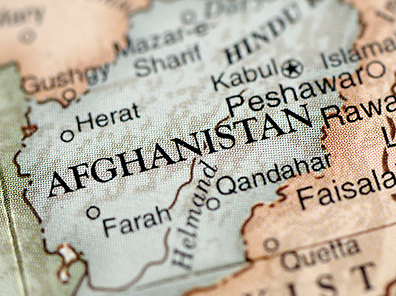
Suppose all the right-wing crazies in the U.S. decided to leave America in droves. Would the Biden administration resort to violence to keep them here?
I don’t think so.
But this is exactly what the Taliban is doing in Afghanistan.
Instead of letting its opponents leave the country peacefully, at someone else’s expense, they are enduring terrible international press while seeking to prevent their opponents from getting to the Kabul airport. What can they be thinking?
Wouldn’t it be in the Taliban’s best interest to diminish the population of dissidents by allowing them to leave? And the more the better?
This brings up the rarely discussed question of nations’ emigration policies. All nations have immigration policies, but few worry about the other side of the coin. Let’s look at the emigration policies of three non-similar nations: Castro’s Cuba, Modi’s India, and Tuvalu, a string of coral reefs in the Pacific, once the British colony of the Gilbert and Ellice Islands. In each case they have (or have had) a rational emigration policy.
Perhaps the most relevant of these was Castro’s Cuba; at a time of unrest in that country, the government permitted, nay, encouraged, the Mariel Boatlift, in which large numbers of people dissatisfied with the regime took small boats to cross to Florida. At the time, Castro was reported to have seeded the leaving population with folks from his nation’s prisons and insane asylums. As a result, most of Castro’s enemies wound up in Florida.
Then there is India, with one of the world’s most sophisticated emigration policies. It has a large surplus of college grads, who might, if they stayed in India, help lead the opposition to the current government. India actively supports the export of some of this potentially troubling talent to the U.S. and to Great Britain.
There are, for example, all those H-1B workers who get good (by Indian standards) salaries in the U.S., send home lots of remittances, and best of all they (like all Indian emigrants) cannot vote absentee. Most of the H-1Bs come from southern India, which routinely votes against the current prime minister, Narendra Modi.
Meanwhile, some of the children of some earlier emigrants from India do well politically and are in a position to help that country if need be. Of the four main cabinet ministers in the UK, both the home secretary and the chancellor of the exchequer have parents and grandparents from India — as does the vice president of the U.S. (whose late mother was a Tamil from South India).
Finally, we have what can only be described as the nation with the most comprehensive emigration policy, Tuvalu. Consisting of only low-lying islands, seven years ago Tuvalu bought enough land in Fiji (which has many mountainous islands) to relocate the whole population there when the seas rise enough make evacuation necessary.
But the Taliban’s perverse and short-sighted emigration policy is to keep all their opponents within the country. Odd.
The author was once the (part-time) Washington correspondent of the late, Fiji-based Pacific Islands Monthly.
